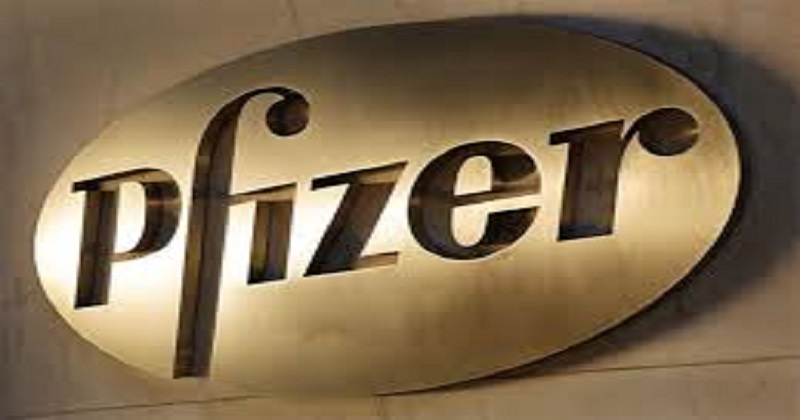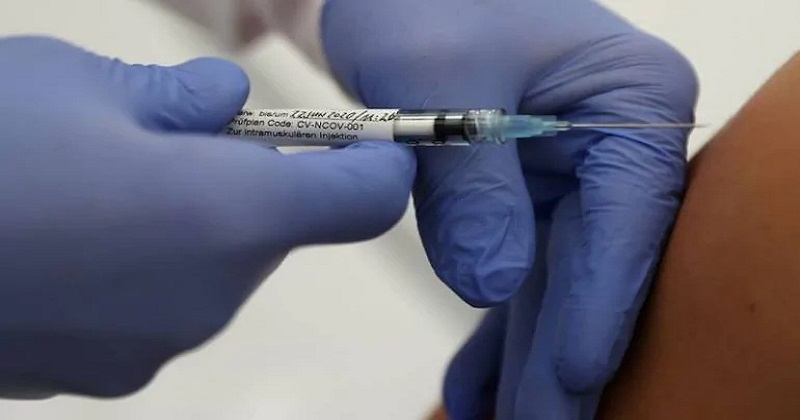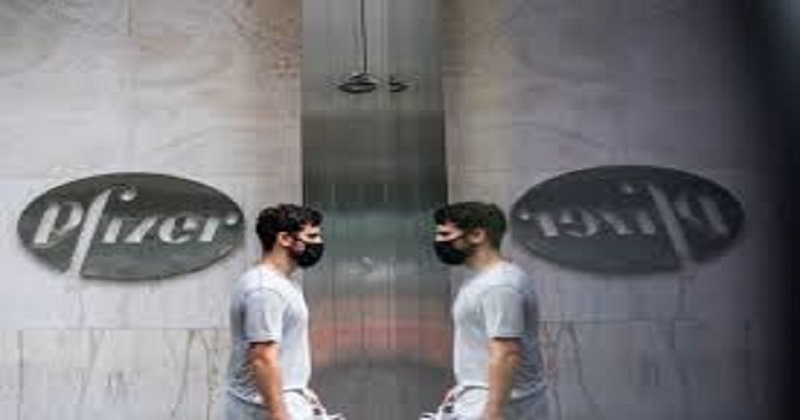
Pfizer has been blamed for “bullying” Latin American governments in COVID-19 vaccine interventions and has urged some nations to set up sovereign assets, such as embassy constructions and military authorities, as a guarantee upon the value of any future legal claims, the Bureau of Investigative Journalism can explain.
In the case of one nation, demands created by the pharmaceutical colossus headed to a three-month pause in a vaccine contract being granted. For Argentina and Brazil, no national agreements were granted at all. Any hold-up in nations acquiring vaccines means more people catching COVID-19 and probably dying. Administrators from Argentina and the other Latin American country, which cannot be identified as it has signed a confidentiality contract with Pfizer, told the company’s moderators necessitated extra compensation against any civil rights citizens might record if they encountered unfavorable results after being vaccinated. In Argentina and Brazil, Pfizer asked for sovereign assets to be set up as security for any expected legal charges.

One official who was present in the unnamed country’s agreements represented Pfizer’s commands as “high-level bullying” and said the government seemed like it was being “held to ransom” to obtain life-saving vaccines. Campaigners are now threatening a “vaccine apartheid” in which wealthy Western countries may be immunized years before weaker areas. Now, judicial authorities have put concerns that Pfizer’s demands amount to an exploitation of power.
“Pharmaceutical companies shouldn’t be using their power to limit life-saving vaccines in low- and middle-income countries,” said Professor Lawrence Gostin, director of the World Health Organisation’s Collaborating Centre on National and Global Health Law. “It seems to be exactly what they’re doing. Protection against liability shouldn’t be used as the sword of Damocles dangling over the heads of disparate nations with a frantic population,” he added. Pfizer has been in discussions with more than 100 nations and supranational institutions and has stock deals with nine countries in Latin America and the Caribbean: Chile, Colombia, Costa Rica, Dominican Republic, Ecuador, Mexico, Panama, Peru, and Uruguay. The courses of those ventures are hidden.
Pfizer told the Bureau: “Globally, we have also allocated doses too low- and lower-middle-income countries at a not-for-profit price, including an advance purchase agreement with Covax to provide up to 40 million doses in 2021. We are committed to supporting efforts aimed at providing developing countries with the same access to vaccines as the rest of the world.” It refused to clarify continuing private interventions. Most governments are giving compensation exceptions from legal liability to the vaccine makers they are purchasing from. This signifies that a citizen who undergoes a bad result after being injected can register a case against the manufacturer and, if victorious, the government would give the compensation. In some nations, people can also ask for coverage through particular structures without proceeding to court.

This is somewhat common for vaccines offered in a pandemic. In many situations, conflicting outcomes are so rare that they do not expose up in clinical tests and only become visible once hundreds of thousands of people have received the vaccine (a 2009 H1N1 flu vaccine, for example, was eventually linked to narcolepsy). Because companies have produced vaccines suddenly and because they defend everyone in society, governments often consent to meet the value of coverage.
Read more; “Rooster arrested ; Owner killed due to serious groin injuries” ,Read the shocking incident…
However, the government executives from Argentina and the unnamed nation who talked to the Bureau believed Pfizer’s requirements went beyond those of other vaccine companies, and beyond those of Covax, an organization formed to assure low-income nations can reach vaccines, which is also demanding its members to pay producers. This shows an extra responsibility for some countries because it suggests having to obtain specialist lawyers and seldom passes complex new legislation, so companies’ liabilities can be ignored.

Post Your Comments